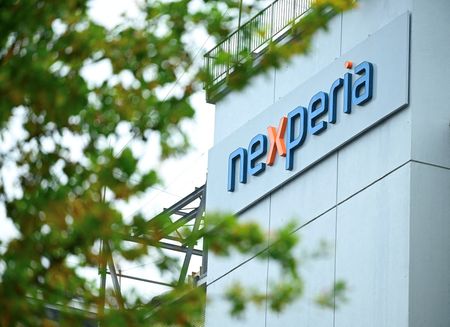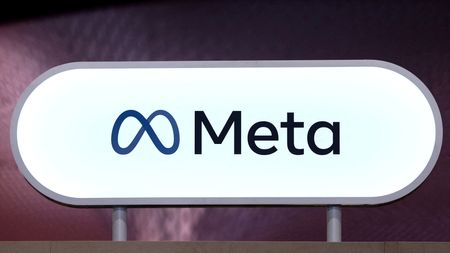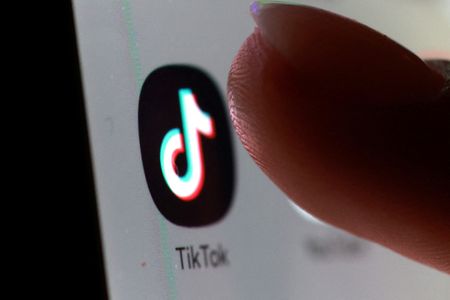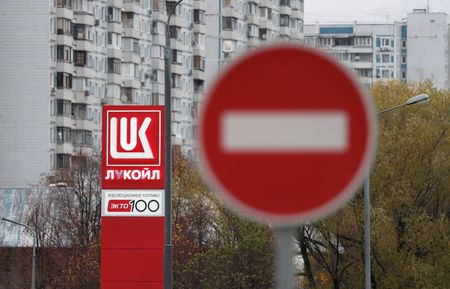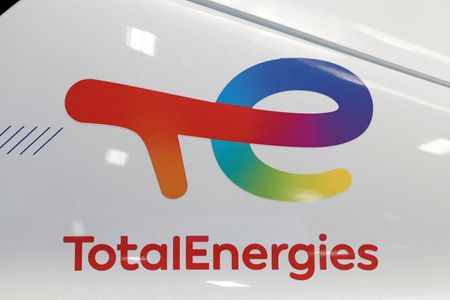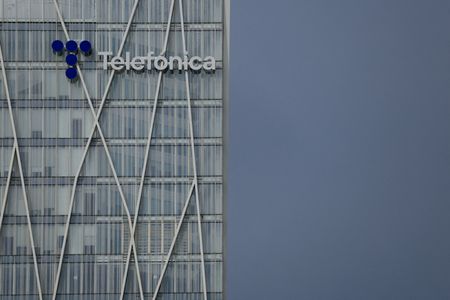By Rachel More
BERLIN (Reuters) -Nexperia cannot say when deliveries of chips from its site in Dongguan, China will resume or vouch for their quality, according to a letter to customers facing supply crunches due to a fight for control over the Dutch semiconductor group.
Chinese-owned Nexperia has become caught up in global trade tensions, rattling supplies of simple but essential computer chips used widely in car production and other industries.
Carmakers and their suppliers hoped for relief after U.S. President Donald Trump and Chinese President Xi Jinping met last week, with the White House signalling that Beijing could ease export restrictions.
However, the rift appeared to deepen on Tuesday when China accused the Netherlands of not cooperating with Beijing on the matter. The Netherlands seized the company on September 30 over intellectual property concerns regarding its Chinese parent.
NEXPERIA ISSUES FORMAL FORCE MAJEURE
“We are in the process of further clarifying the scope and implications of the China action regarding Nexperia’s facilities and subcontractors in China as soon as possible,” according to the letter from Nexperia, which was dated November 3 and was seen by Reuters.
Nexperia is owned by China’s Wingtech but based in the Netherlands. The Dutch government cited fears Wingtech would move operations to China, where most of Nexperia’s chips are packaged, when it seized the company.
Nexperia said until it regained “oversight over the supply chain” at its Dongguan site it could not “oversee if and when products” from there would be delivered.
Nexperia was not immediately available for comment.
A spokesperson for Wingtech had no immediate comment.
Nexperia said the letter, which has not been previously reported, should be understood as a formal force majeure notification in addition to a previous force majeure notification dated October 22.
Nexperia also said it could not guarantee the quality and authenticity of chips delivered from the Dongguan site “with a week code of 42 and after,” referring to the calendar week starting October 13.
By sending a force majeure declaration, a company seeks to suspend its contractual liabilities for supply outages that lie beyond its control.
(Reporting by Rachel More; additional reporting by Toby Sterling; Editing by Christoph Steitz, Ludwig Burger, Rod Nickel)

